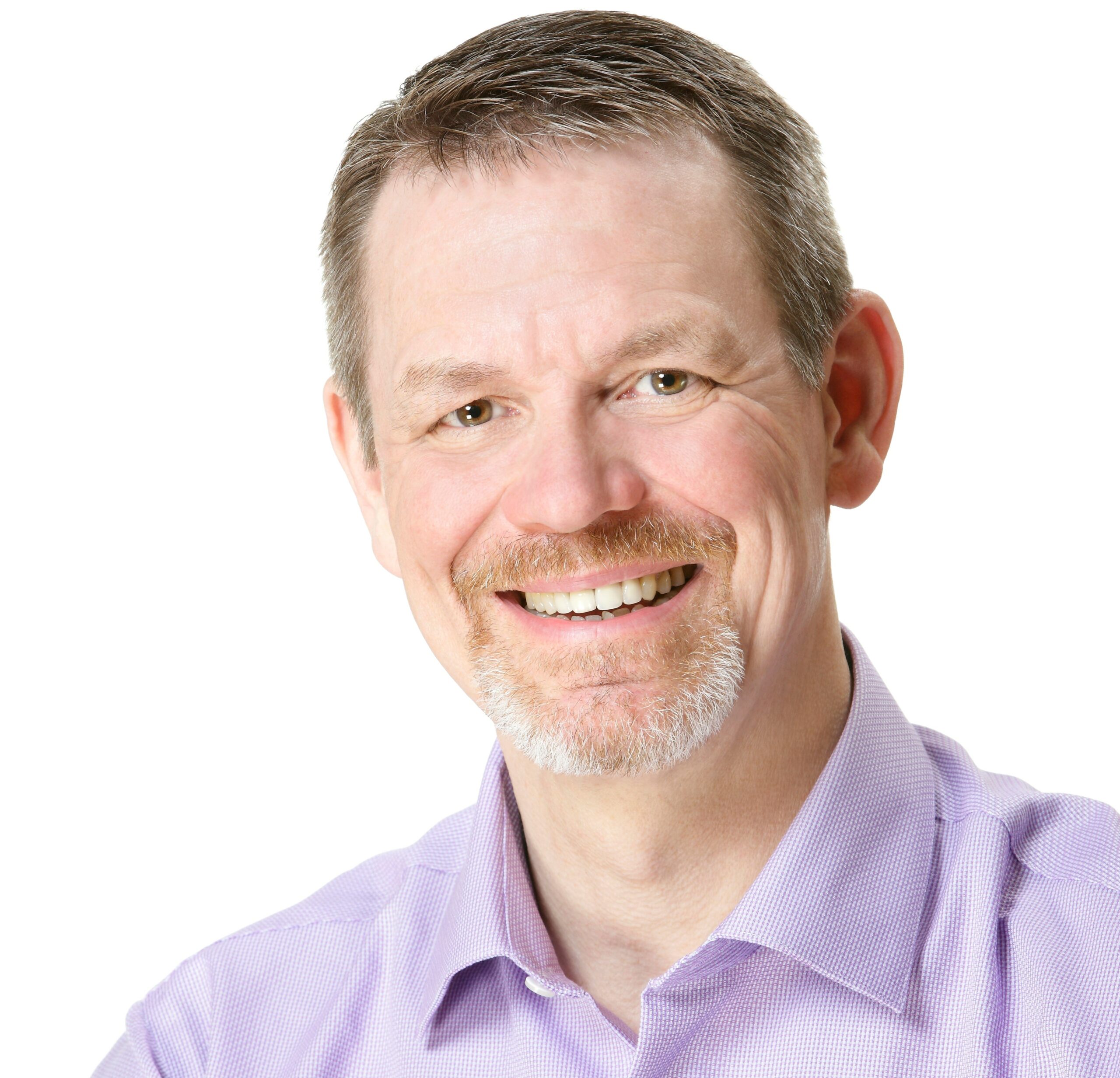Recession – is it coming, how will it impact you?

The media has been making a lot of noise about a recession lately, with economists from all political stripes agreeing that it is somewhere between likely, possibly, or definitely, going to happen. A recession has little bearing on real life events, as with most economic theories it is basically a model.
A recession is declared when we have two consecutive quarters of negative economic growth. What’s the real world difference between being +.25 and being – .25 for six months (two consecutive quarters)? NONE! If Gross Domestic Product grew by .25% for two consecutive quarters, according to economic theory that is two consecutive quarters of positive growth, two consecutive quarters where the GDP fell by .25% would be a recession – but for the man on the street nothing changed.
You must still pay your bills, regardless of a recession, your rent (in London, Ontario) is still $1,807 – it was that when the GDP had positive growth and it will be that when the GDP sees two consecutive quarters of negative growth.
Let’s go further with average monthly costs – single person.
Necessities:
Electricity Bill $170
Gas Bill $75
Internet $125
Cellular $200
Home Insurance $45
Car Insurance $150
Gasoline/Repairs $400
Groceries $650
Clothing $50
Haircuts/Toiletries $50
Prescriptions $25
“Sins”:
Smoking $350
Alcohol $200
Pot $50
Entertainment $100
Fitness $50
Gifts (Xmas, etc.) $50
We could go further, drilling deeper, but we are already at $4,347 per month (don’t forget to add in the rent). Using the CRA payroll calculator we determined that you would have a net pay of about $4,456 per month if you earned $72,000 per year, yet the Superintendent of Bankruptcy (indeed the Government of Canada) believes it is possible for a single person to live on $2,355 per month.
The government has redefined poverty in order to elevate people out of poverty – just a bit of the usual smoke and mirrors. By changing the definition to a lower value than was previously accepted. Nonetheless, the fact remains that regardless of what politicians, the media or economists are saying, the cost of living is going up way faster than incomes – and it has been that way for more than forty years.
The government and the media like to report “average household incomes” as opposed to “the median individual income” – it sounds better to report that average household income is in the low $80,000s than to report that the average individual has just crept up to the low $40,000s.
Fear not the recession, fear the smoke and mirrors, and pay no attention to the modellers (economists) they are universally wrong far more often than they are correct. Meanwhile, many Canadians have been using debt to finance every living costs. I frequently see the person ahead of me in line at the grocery store, express check out, paying for a bag of milk and a loaf of bread with a credit card.
This isn’t done for points (how far are you going to get on those airmiles?) nor convenience, it’s no harder to use a debit card than a credit card. The difference is that the debit card takes money out of your account, a credit card allows you to spend something that you don’t have.
Eventually, and inevitably, the debt shuffle from credit card to line of credit to mortgage (or whatever alternative payment route you choose) must be resolved. For young professionals with growing careers, carrying debt isn’t a big deal – a doctor interning at the local hospital may only be paid $60,000 per year until fully qualified and then their income will average about $400,000. On that trajectory the banks are eager to lend money. But for the average working person the more debt that is accumulated the more challenging it is to repay.
A macro-economics recession means nothing in terms of micro-economics, and we live in a world where micro-economic recession has been omni-present and is far more important than a macro-economic recession.
Currently the world is under immense ideological pressure from the World Economic Forum, and other organs of the United Nations, to fall into line with a one-world governance model. Christine Legarde, president of the European Central Bank and former Managing Director of the International Monetary Fund, has indicated that the European Central Bank will buy up the debt of countries that are driven, by these policies, into default. These protections will allow countries, that go along with the model, to avoid payments on their debt. However, no similar plan, although hinted at, is yet available for consumers.
Meanwhile, Consumer Proposals are still, by far, the most popular debt solution for Canadian consumers – and Only Licensed Insolvency Trustees can file a proposal.
